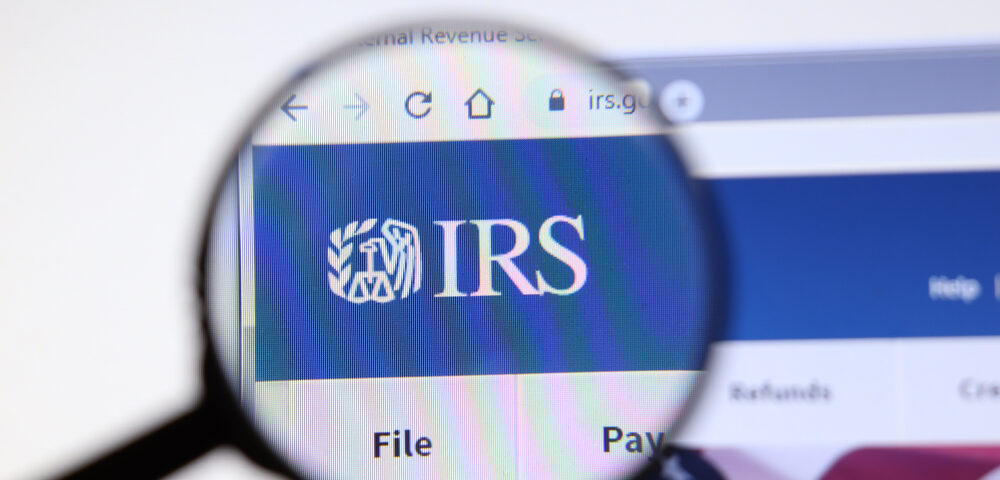
Is Your Portfolio Ready for a REIT?
August 10, 2020
As Schools Reopen, DOL Answers Paid Sick Leave/Pandemic Unemployment Eligibility Questions
August 31, 2020On its website, IRS has announced that it recently sent, in error, notices stating that there was a failure-to-deposit penalty applicable to Form 941, to employers that reduced their tax deposits in anticipation of claiming sick and family leave credits or the employee retention credit in accordance with Notice 2020-22, 2020-17 IRB .
Background
An employer’s failure to deposit certain Federal employment taxes under, including deposits of withheld income taxes, taxes under the Federal Insurance Contributions Act (FICA), and taxes under the Railroad Retirement Tax Act (collectively, employment taxes), is generally subject to a penalty, unless such failure is due to reasonable cause and not due to willful neglect.
In response to the COVID-19 health emergency, the Families First Coronavirus Response Act (FFCRA) and Coronavirus, Aid, Relief and Economic Security (CARES) Act were signed into law. The bills provide paid sick and expanded family and medical leave, an employee retention credit (ERC) and a refundable tax credit for employers.
Notice 2020-22 provides relief from the failure to deposit penalty for not making deposits of employment taxes, including taxes withheld from employees, in anticipation of the FFCRA paid leave credits and the CARES Act employee retention credit.
Form 941, Employer’s Quarterly Federal Tax Return, is used to report employment taxes withheld and deposited.
Improper IRS notice
IRS has announced that it is aware that it has recently sent, in error, failure-to-deposit notices to some employers who reduced their tax deposits in anticipation of claiming the sick and family leave credits or the employee retention credit.
When these employers reported the schedule of liabilities on Form 941, the reported liabilities did not match the reduction in deposits for every pay date. The employers incurred a failure-to-deposit penalty on the difference in the reported liabilities and the reduced deposits (in situations where deposits were reduced by the amount of the anticipated credit(s) in excess of liability for the employer portion of social security for a given pay date).
IRS says that it is taking actions to identify these employer accounts and correct them as soon as possible. Employers that have recently received these notices do not need to take additional actions at this time.





